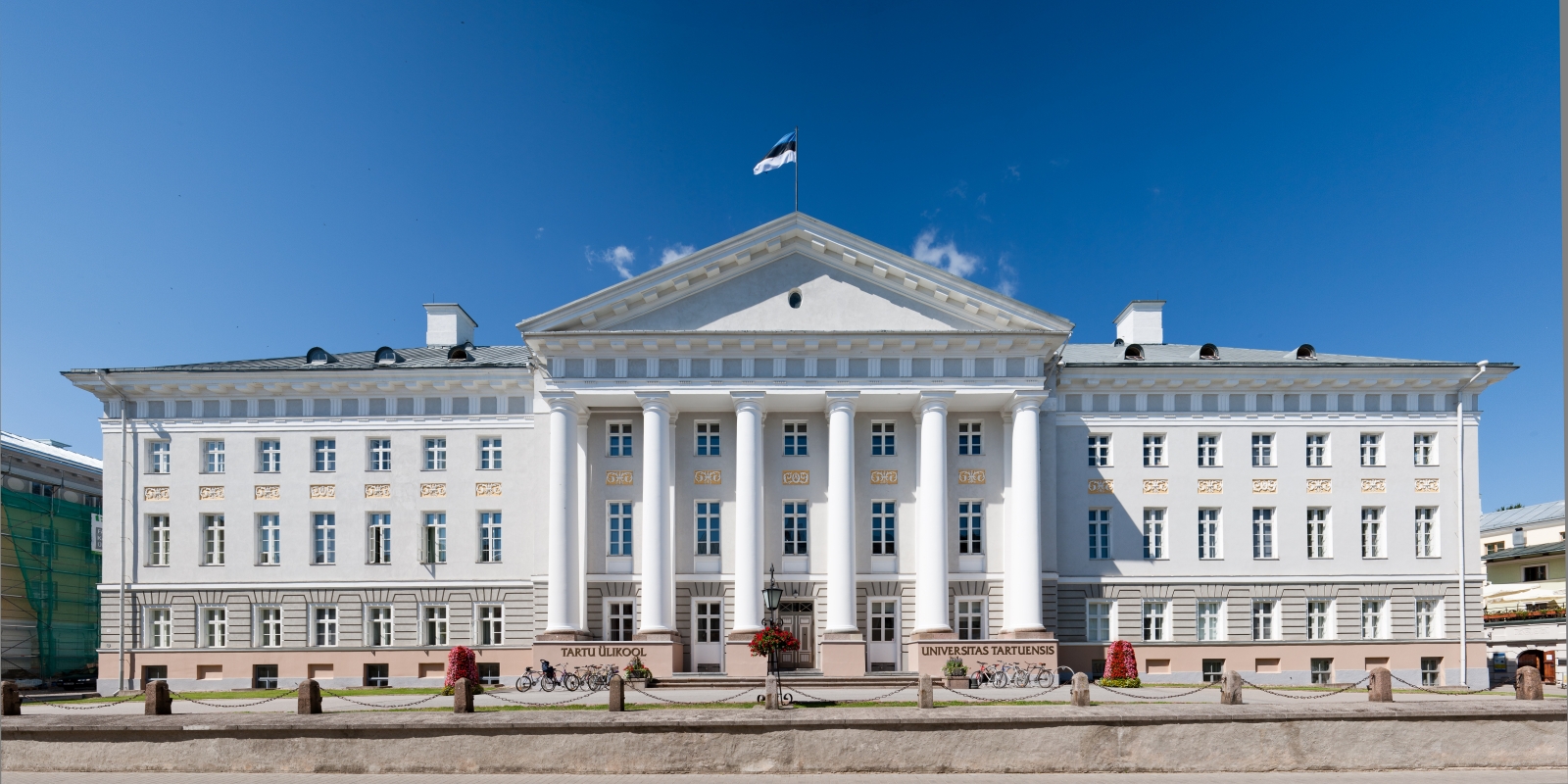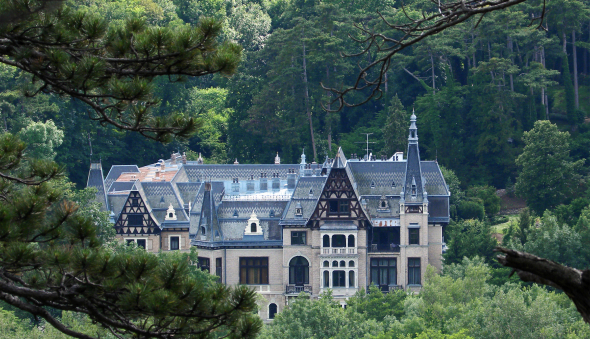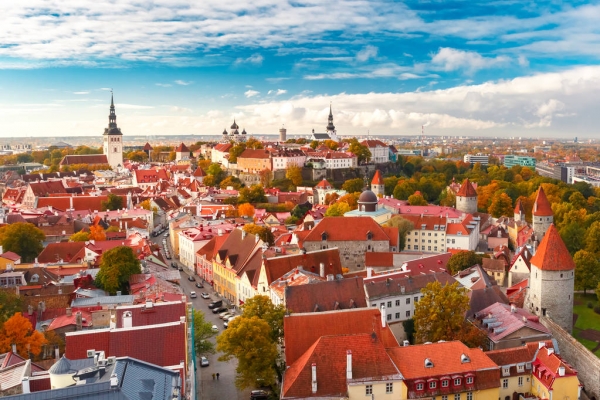Estonia
Education for non-residents in Estonia: kindergartens, schools, universities

Kindergartens
In Estonia, the pre-school education system is well developed, especially in the capital city of Tallinn, where there are as many as 125 kindergartens that provide various language learning options.
Detailed information about each of the Tallinn kindergartens, their contact details, available places and language of instruction can be found on the official information website of Tallinn.
In order to arrange a child in a kindergarten, parents must have a residence permit and registration. The age of children admitted to kindergartens varies from 1.5 to 7 years. Also, the child must have a residence permit, which is issued to his parents at the same time as his residence permit.
Children's preschool institutions in Estonia are divided into the following categories:
- Nursery - for children aged 1.5 to 3 years.
- The main kindergarten is for children from 3 to 7 years old.
- Kindergarten-elementary school - a unified system of education.
Upon admission to the main kindergarten, the child is assigned to one of the following age groups:
- Junior group - from 3 to 5 years.
- The middle group is 5 to 6 years old.
- Senior group - from 6 to 7 years.
There are both public and private kindergartens in Estonia. The main difference between them is the amount of fees for a place in kindergarten.
School education
In Estonia, secondary education is compulsory for all children up to the age of 17. Pre-school education is optional, but they strive to make it affordable for every family: from 50% to 100% of the cost of kindergarten is paid by the state.
Basic school, also known as "basic school", starts at age 7. It is not formally divided into middle and high schools, and compulsory education from grades 1 to 9 consists of 3 periods, in each of which new subjects appear:
- 1st period: 1-3 class;
- 2nd period: 4-6 grade;
- 3rd period: 7-9 grade.
High school in Estonia is not compulsory. Those who decide to continue their studies have two education options:
Academic education: passing grades 10-12 in a gymnasium, and then entering a university;
Vocational education: obtaining a secondary vocational education in a college or technical school.
At the stage of secondary education, the child can choose to study in Estonian or Russian. There are more Estonian schools in the country, as only this language has official status. In Russian schools, Estonian is always taught along with a second foreign language.
Basic education in English can be obtained in:

Higher Education
Advantages of higher education in Estonia:
- Free education: Free education is provided in Estonia. Any person with a level of Estonian not lower than B1, regardless of citizenship, has the opportunity to enter a state-funded place at an Estonian university if he demonstrates excellent academic performance and copes well with the entrance tests. Doctoral programs are also provided free of charge in both Estonian and English.
- Education in English: foreign students can comfortably study at local universities without knowing the difficult Estonian language, since about 50% of programs are offered in English. This makes education in the country more accessible to foreigners. English is widely used in all areas of Estonian life, given that only a little over a million people speak Estonian in the world.
- Digitization: Estonia is famous for its cutting-edge digitalization. Free wi-fi points are available almost everywhere. The state portal provides a convenient way to get sick leave, register a business in 15 minutes, and even vote in elections.
The educational system is also convenient: students can apply online to all universities, and study materials and assessments are available on the student platform.
- Immigration prospects: Estonia is a leader in safety, clean air and ease of starting a business. The country has an impressive number of start-ups, especially in technology, per capita, surpassing the European average. After graduation, students have the opportunity to stay in Estonia for 9 months to look for work. Every year more and more foreign students are successfully employed immediately after graduation. This experience can be obtained while still studying, since students have no restrictions on the number of hours of work in the country.
The best universities in Estonia according to QS World University Rankings





